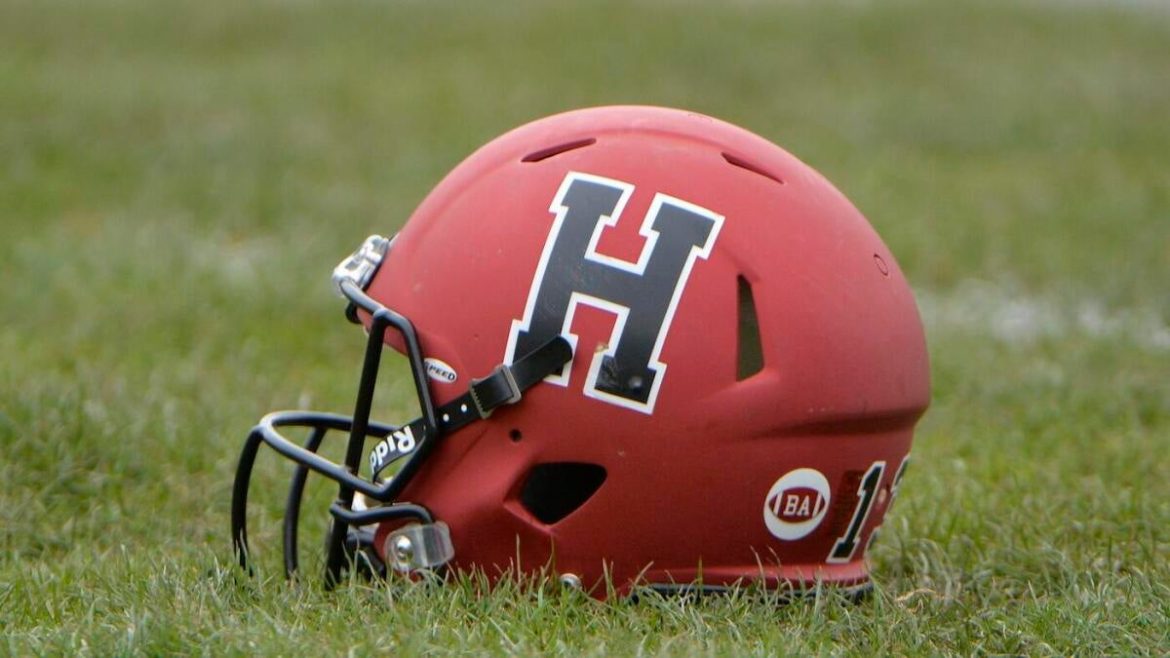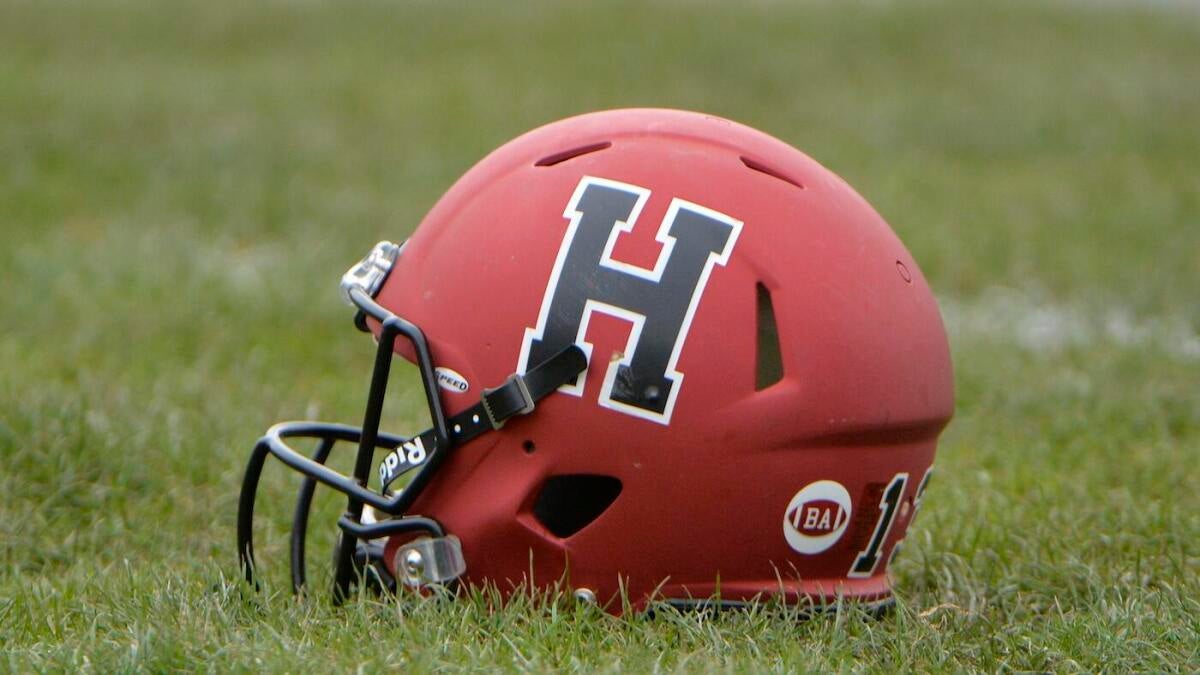The Trump administration’s decision to revoke Harvard University’s ability to enroll international students has precipitated an unprecedented crisis that touches not only academics but also athletics, legal battles, and the very fabric of the university community. This sweeping move, challenged immediately by Harvard and temporarily halted by a federal judge, reveals complex tensions between federal policy, institutional independence, and the personal lives and futures of thousands of students.
Background and Scope of the Issue
International students constitute about a quarter of Harvard’s student body, hailing from over 140 countries. They are deeply integrated not only into Harvard’s academic programs but also into its extensive athletic programs, which comprise 42 Division I teams—the largest varsity sports contingent in the nation. Around 200 international athletes participate, many of whom could see their athletic and academic careers abruptly derailed by the visa revocation.
The administration’s action escalated ongoing disputes with Harvard, framed publicly in the context of alleged campus antisemitism and broader demands for institutional alignment with political agendas. The Department of Homeland Security (DHS) revoked Harvard’s Student and Exchange Visitor Program (SEVP) certification, effectively barring the university from issuing the necessary F- and J-visas to incoming international students for the 2025-26 academic year.
Impact on Harvard Athletes and Student Community
Several Harvard athletes, including at least six football players, immediately face uncertainty about their eligibility to remain in the United States and continue their college careers. The potential deportation or forced transfer of international student-athletes threatens to dismantle teams that rely heavily on international talent. News reports suggest that some sports teams could be “virtually wiped out” under this policy, an impact that will reverberate across the university’s celebrated athletic programs and student morale.
Beyond sports, international students describe living in “pure panic” and bewilderment. The near overnight revocation of visas, often with little explanation or notice, has left many students uncertain about graduation timelines, career plans, and their future in the United States. Stories from graduate students and current undergraduates emphasize the psychological toll of the administration’s hardline stance.
Legal Developments and Harvard’s Response
In swift reaction, Harvard filed a lawsuit alleging that the government’s move violates the First Amendment by unlawfully retaliating against the institution for its political stances. The lawsuit also contends that the sudden revocation of Harvard’s international enrollment ability disrupts academic freedom and breaches due process protections.
A federal judge has granted a temporary restraining order, blocking the administration’s policy and allowing Harvard to continue enrolling international students pending a full legal review. This temporary injunction underscores the contentious and unsettled nature of the dispute and signals judicial recognition of the potential irreparable harm to the university and its students.
Broader Political and Institutional Context
The confrontation between the Trump administration and Harvard is part of a wider campaign aimed at elite universities, media organizations, and other independent institutions perceived as politically oppositional or insufficiently aligned with the administration’s priorities. This broader agenda includes challenges over federal funding, public criticism of campus climates, and demands for investigative disclosures regarding foreign student activities.
Harvard’s refusal to accede to political pressures has resulted both in frozen multi-year research grants totaling $2.2 billion and now in visa revocations that threaten the diversity and global character of the institution.
Implications for Higher Education and International Students Nationwide
While Harvard’s prominence has made it a high-profile battleground, the ramifications extend far beyond this singular university. Last spring, over 4,700 international students nationally faced visa cancellations without clear justification, a trend that casts a chill over international enrollment across American institutions.
The administration’s approach risks reshaping the international student landscape by discouraging applications and impairing U.S. universities’ global competitiveness. It also raises profound questions about the intersection of immigration policy, higher education autonomy, and international collaboration.
Conclusion: A Crisis at the Crossroads of Education, Politics, and Human Lives
The Trump administration’s revocation of Harvard’s international enrollment privileges represents a dramatic escalation in a multifaceted conflict at the nexus of politics, education, and immigration. The lives of thousands of students hang in the balance, their futures suddenly uncertain amid legal wrangling and political posturing.
This unfolding crisis challenges long-standing principles of academic freedom and institutional independence, while underscoring the integral role international students play in fostering vibrant university communities, contributing to athletics, research, and cross-cultural exchange.
The federal judiciary’s willingness to temporarily block the administration’s orders provides a glimmer of relief but indicates that the dispute will remain unresolved for some time, with profound consequences.
In this high-stakes confrontation, the fate of Harvard’s international students—and by extension, the future ethos of global academic engagement in America—awaits a resolution that respects both the rule of law and the human dimensions at its core.





